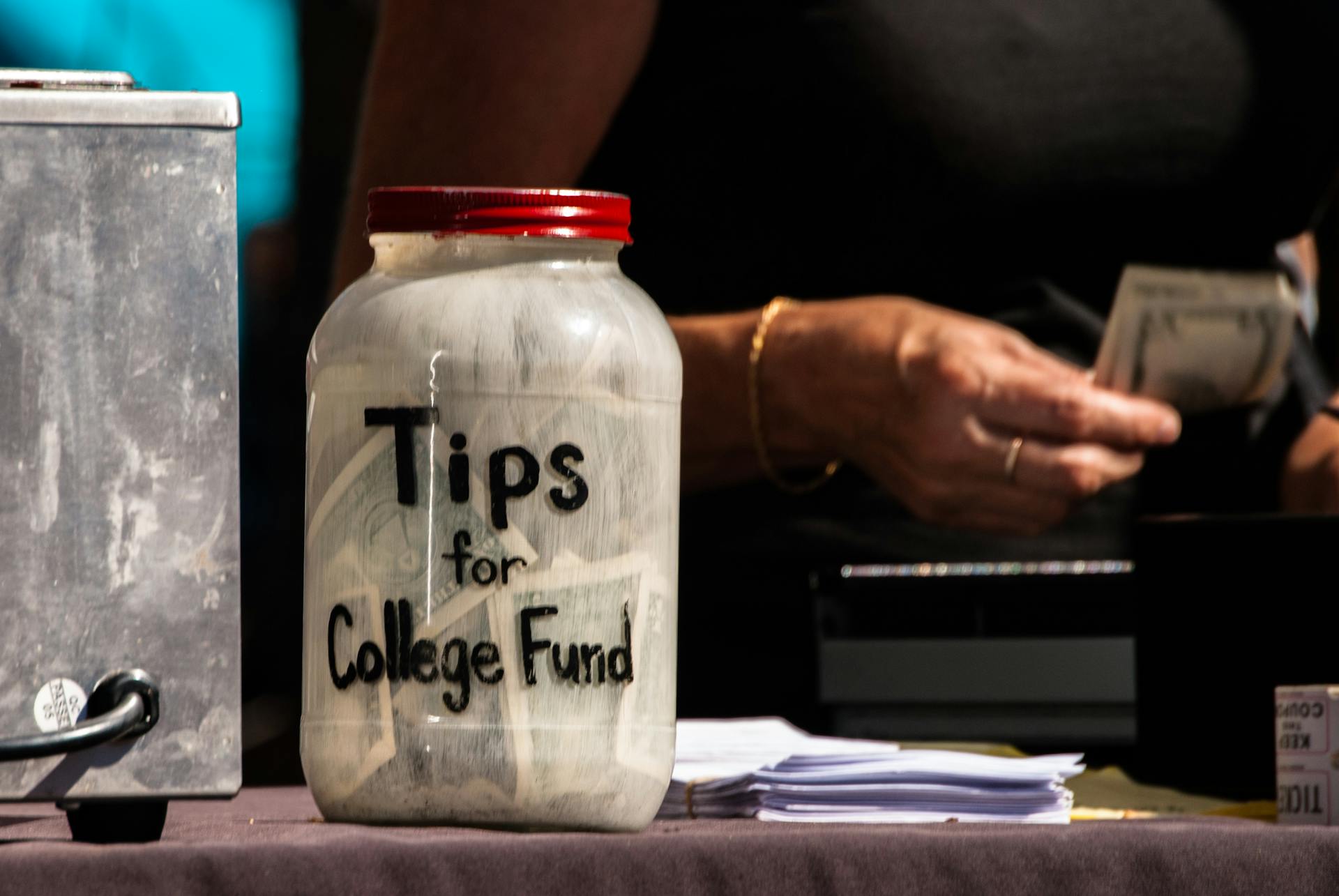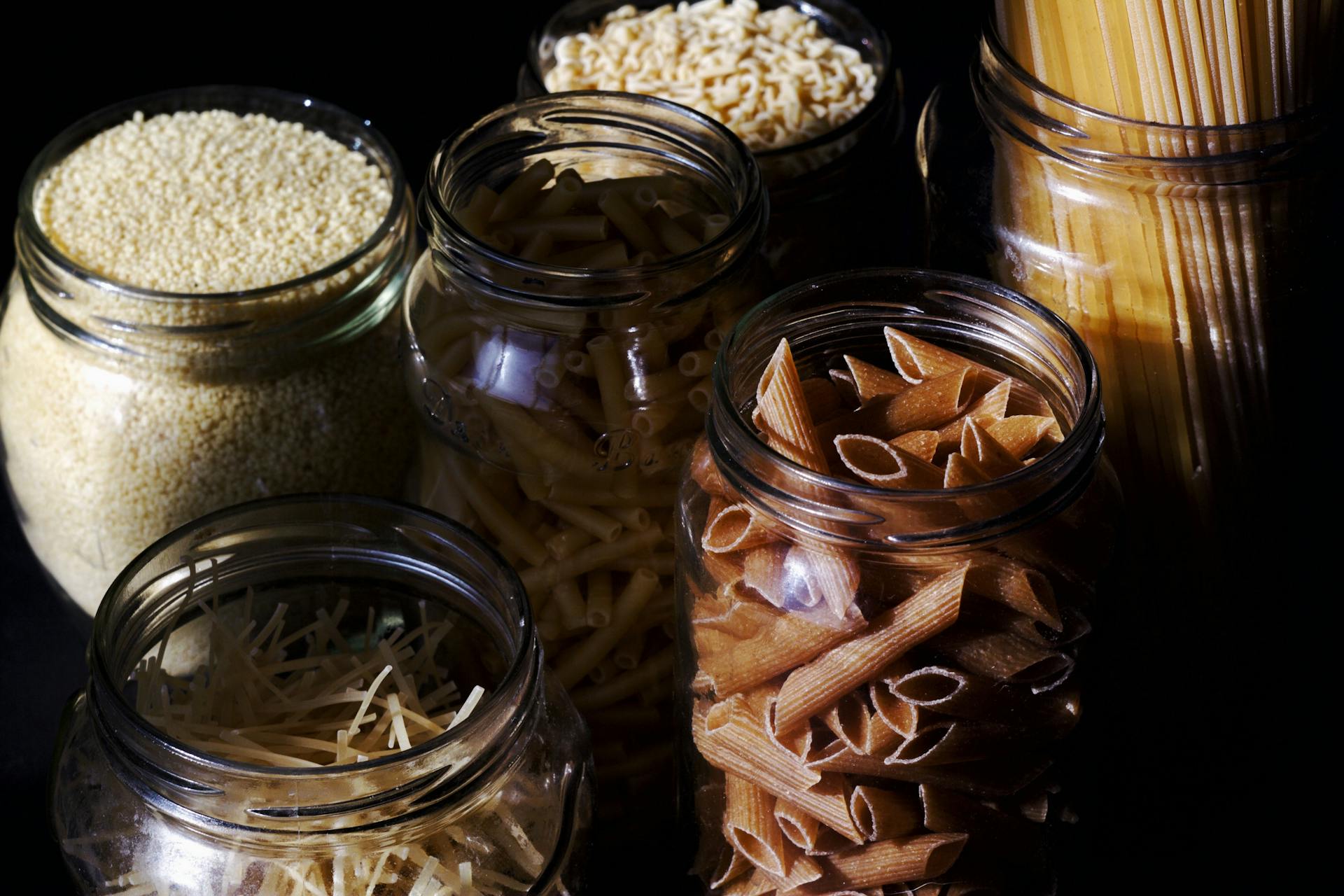
Absolutely, it is indeed possible to get pregnant after donating eggs. In fact, there have been cases of women giving birth to children from their own donated eggs in recent years. Though this may seem odd at first glance, egg donation is a safe and common reproductive technology practiced today for a variety of reasons.
When someone decides to donate their eggs, the actual process centers around stimulating the ovaries to produce multiple mature eggs with fertility medications, which would be unfeasible under natural conditions. Once the ovarian follicles are ready (usually after 10-14 days), they can be extracted during a minor surgical procedure that is performed while the donor is under anesthesia in an outpatient setting. After they are removed from the body those eggs can then be used by another woman or couple who cannot conceive otherwise due to infertility issues or because one partner has genetic disorders that make it impossible for them to carry a pregnancy using their own gametes (eggs or sperm).
Once someone donates her eggs she will need time for her body and fertility cycle to readjust back into its regular hormonal balance before being able begin trying for pregnancy either naturally or through assisted reproduction techniques such as IVF if necessary. Due to this recovery time period following egg donation and other factors like age, lifestyle habits, and overall health it may take longer than expected before conception takes place but many women end up getting pregnant shortly afterwards under favorable conditions.
In summary while most donors may pause briefly while they regroup after donating their eggs ovulating again soon afterwards should still be achievable so with proper preparation conceiving a successful pregnancy should not remain out of reach entirely provided all other medical criteria are met as well when necessary. Additionally it's important that egg donation recipients keep in mind that birth control methods such as condoms should still be utilized along with any ongoing hormonal treatments until reproductive success can occur naturally on its own - so please do your research beforehand as there’s always more you can learn!
On a similar theme: Pregnant Dogs Eat Raw Meat
Is it safe to donate eggs while pregnant?
The answer to this question depends on a range of factors specific to the individual who is pregnant and intending to donate eggs. There are both potential risks and rewards associated with donating eggs while pregnant, making it important for individuals interested in doing so to take into account their own medical history and needs.
When considering egg donation while pregnant, it would be wise to speak with an experienced reproductive specialist. Your doctor can help you weigh the benefits against any potential risks and determine if the process is right for you. In most cases, you must wait until after giving birth before attempting egg donation—as there’s an increased risk of miscarriage or other complications associated with donating eggs when pregnant.
Of course, as with any medical procedure, there are always some risks involved when attempting egg donation while pregnant — though these can largely be minimized by working closely with a qualified fertility specialist and undergoing regular testing during your pregnancy. Possible risk factors include ectopic pregnancies, ovarian torsion or excessive bleeding from ovarian stimulation procedures during the process itself. Most women find that the physical benefits of being healthy enough to donate outweigh these small possibilities for complications— however if one's health would be adversely affected it might be better not to attempt egg donation at this time
Ultimately, deciding whether or not donating eggs while pregnant is safe depends entirely on your personal medical history —so consulting an experienced fertility specialist is absolutely key before making such an important decision!
Additional reading: Can You Donate Your Eggs If Your Tubes Are Tied?
Can you still donate eggs after giving birth?
Yes, you can still donate eggs after giving birth! In fact, many women who have given birth find that egg donation is an incredibly rewarding experience, both personally and financially. It’s important to note that the egg donation process involves a thorough evaluation process to ensure the safety of both donor and recipient. Donors must be between 21-35 years old, free of illness or genetic disorders, and meet health criteria prior to being accepted as a viable candidate for egg donation.
The process starts with an initial application - this is where you’ll submit your personal information such as age, height/weight etc., and it will also ask questions regarding any medical conditions or illnesses you may have. Once the application has been approved by a medical professional at the clinic or fertility center where the donor program is offered, further testing may be required in order to evaluate your eligibility for donating eggs. This will involve lab work such as hormone levels check up, a pelvic ultrasound exam to check for cysts on ovaries or other abnormalities, psychological tests and interviews with counselors who ensure that all participants are informed of their right and responsibilities before embarking on this journey.
The most important thing to remember when it comes donating eggs after giving birth is safety first – your safety should come above all else in order for you feel comfortable enough going through with this procedure.. After all necessary tests are complete and approved by doctors/nurses at reproductive centers then only finalizing decision should be taken under consideration – whether if willing participant wants continue proceeding towards donating eggs or withdraw oneself from entire process.
In conclusion – While having given birth may present additional ethical concerns; however there are no medical issues prohibiting women from being able donate eggs postpartum depending upon fertility clinic regulations about health qualifications & other requirements needed in order qualify for potential donors. All prospective applicants must consult with their doctor/healthcare provider if they wish explore possibility further but more importantly take time seriously consider physical/emotional risks associated entire procedure along myself feel respected during every step way.
Consider reading: Egg Donor
Are there potential risks associated with egg donation?
Egg donation is an incredible gift that allows couples and individuals to have children who might not otherwise be possible, but it does come with certain risks. Any fertility procedure carries some level of risks, and egg donation is no exception. Understanding the potential downsides may help those considering using this option make an informed decision about their next steps.
First off, egg donors are generally required to undergo a battery of tests - from physical exams to blood and genetic testing - which can be intimidating for both experienced and new donors alike. There’s always a chance that something unanticipated could come up in one of these tests that could delay or even prevent them from donating their eggs as intended.
Furthermore, there are psychological risks associated with egg donation that shouldn’t be taken lightly either. Some potential donors may feel emotional discomfort at the thought of providing part of themselves to another family; while others may struggle with identity issues if they feel they gave up too much information on themselves during the process. It's important for individuals considering becoming an egg donor to understand their emotions so they can assess whether this step will be right for them before signing on the dotted line.
Finally, there are medical risks involved in undergoing fertility treatments and particularly when undergoing hormone therapy or other medications involved in preparing for the retrieval process as an egg donor. The recipient(s) also take certain risks upon receiving eggs from a donor - primarily including various forms of rejection due any differences between the two parties' genetic makeups (i..e if one is not compatible with another). These potential complications should also factor into any decision making surrounding undertaking this process before anyone moves forward with it - both recipients and donor(s) alike need to weigh all sides carefully before proceeding in order to avoid any unnecessary hardships down the road.
Overall, while recognising these potential challenges associated with egg donation is important when assessing whether or not it’s right for you or your partner/family dynamic, remembering how many people have been able create loving families through this process reminds us all of how amazing Egg Donation truly is!
Suggestion: How Much Just Egg Is Equal to One Egg?
Are there age restrictions when donating eggs?
The short answer to the question “Are there age restrictions when donating eggs?” is Yes. Egg donation generally requires that a potential donor be between the ages of 21 and 35, though some clinics may have additional guidelines.
The primary reason for this range in age is that women are most fertile from their late teens up until around age 35. Donors must also meet other criteria to become suitable for egg donation, such as having a healthy body weight and having no major medical or psychological conditions. In addition to being at the peak of fertility during this time frame, younger egg donors are more likely to have fertility rates which will ensure successful pregnancies with donated eggs than those who are older than 35.
When considering donating eggs, it's important to be aware of any associated health risks involved – especially if you're outside of the recommended age limit. Donating eggs can complicate existing medical conditions or cause new complications; so it's important to talk with your doctor before making any decisions about donating your eggs. Additionally, while an egg donor receives compensation for her time and effort spent donating her genetic material, these payments cannot exceed what would normally be allowed by law if donations were not involved in the transaction — meaning laws regarding donations still apply even though compensation exists for donors' efforts and time commitment associated with participating in an egg donation program.
Making this kind of decision isn't something everybody should take lightly – so take your time researching all aspects before deciding it's right for you!
Discover more: Egg Donors
Sources
- https://www.fairfaxeggbank.com/blog/will-donating-eggs-affect-future-fertility/
- https://largestcharities.com/can-you-get-pregnant-after-donating-eggs/
- https://largestcharities.com/how-long-after-egg-donation-can-you-get-pregnant/
- https://www.pregnancyprotips.com/can-you-donate-eggs-while-pregnant/
- https://www.invitra.com/en/forums/topic/is-it-possible-to-donate-an-egg-while-pregnant-i-wanna-help-others/
- https://www.invitra.com/en/potential-risks-of-egg-donation/
- https://www.myeggbank.com/blog/will-donating-eggs-hurt-my-fertility
- https://largestcharities.com/can-you-still-have-babies-after-donating-eggs/
- https://donornexus.com/blog/donating-eggs-future-fertility
- https://largestcharities.com/can-you-still-get-pregnant-after-donating-eggs/
- https://flo.health/getting-pregnant/trouble-conceiving/alternative-options/egg-donation
- https://www.pregnancyprotips.com/can-i-donate-eggs-while-pregnant/
- https://eggdonorsolutions.com/egg-donors/what-are-the-risks-and-side-effects-to-egg-donation/
- https://kindbody.com/why-is-there-a-minimum-age-to-donate-eggs/
- https://iraniansurgery.com/en/how-soon-after-egg-donation-can-you-get-pregnant/
Featured Images: pexels.com


